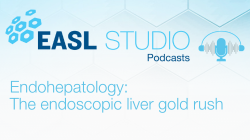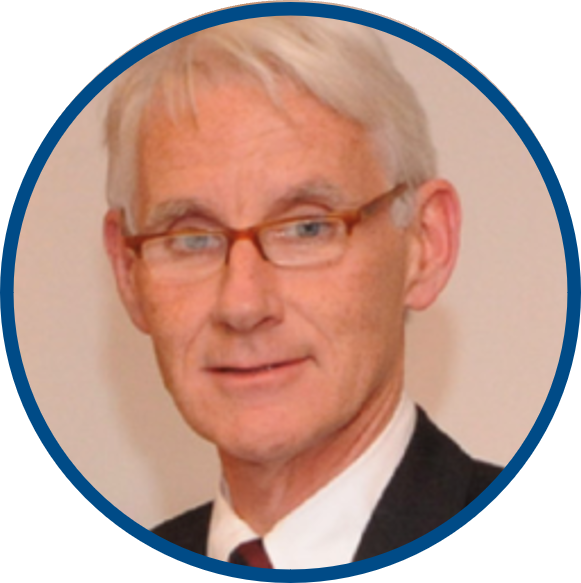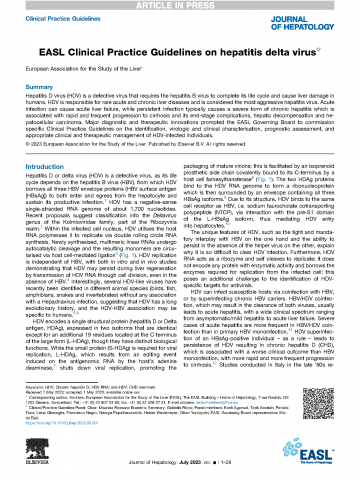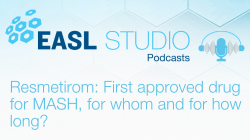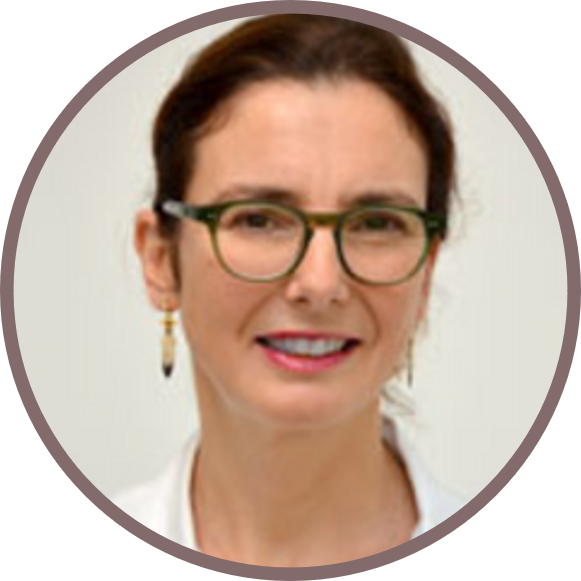Description
This insightful discussion is centred on the burgeoning field of endohepatology, where advanced endoscopic techniques revolutionise hepatology practice. With this episode, explore the broad scope of endoscopic procedures (including EUS-guided liver biopsy, portal pressure measurement, and gastric varices embolisation) and their transformative impact on diagnostics and therapeutic interventions in liver disease.
To learn even more about endoscopic procedures in hepatology, take a look at this study by Wim Laleman et al., published in January 2024 in the Journal of Hepatology.
Faculty
- Wim Laleman (Moderator)
- Andres Cardenas (Faculty)
- Gavin Johnson (Faculty)
- Reem Sharaiha (Faculty)
Related episodes
- Season 6, Episode 11: Assessment of clinically significant portal hypertension in 2024 – Is it time to say goodbye to invasive measurements?
- Season 3, Episode 15: Chronic portal vein thrombosis: anticoagulation and interventional radiology for all patients?
- Season 2, Episode 14: Elastography – The new non-invasive gold standard in portal hypertension?
ℹ️ Please click here to access the podcast version of this EASL Studio episode.

